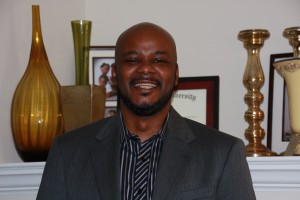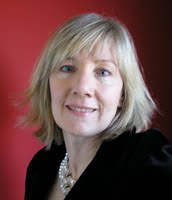We are very excited about the new podcast series that is now available in iTunes for job seekers everywhere who want help navigating this complex and difficult job market.
The podcast will cover everything job seeker related just as the blog has done since its first post in July 2011. Our goal is to provide solutions to job search and career problems, obstacles, and mysteries. We will have a cast who has with years of experience in his or her niche, and all who are successful in his or her field. All of my co-hosts are contributors to the blog and bring a special perspective and voice that will articulate the job seeker and life struggle:
Sandra Tedford (@wetalktoday) is the founder of WETALKtoday that stands for “Web Entrepreneurs Talk” and provides a platform for business and tech savvy entrepreneurs with information and resources to grow their business in the new economy.
Bianca Michelle Thompson, Chicago native, has worked in the corporate arena within the Chicago Loop for over twenty-five years. The last thirteen years have been within the Human Resources profession. Her experiences within the Human Resources field and her personal life inspired her passion for training and coaching. Bianca has done extensive self-development, team-building and coaching coursework within the corporate and non-profit arenas and with Phoenix Arises Seminars.

Keith Townsend (@virtualizedgeek) is a great example of someone who uses non-traditional methods of job searching to find opportunities in companies that promote diversity and inclusion. His blog, VirtualizedGeek.com displays the depth of knowledge and expertise in his field to the point of being approached for opportunities, not the other way around.
We will publish an episode weekly of either the cast (any combination thereof) or an interview from an expert or someone with a unique job seeker perspective. You can look for us in iTunes and other directories soon. Please subscribe to our channel in iTunes and feel free to provide an honest review of our show.
Currently, we published five interviews for the first episodes that we had posted earlier in the summer. We did those so that new listeners will find useful content previously not available in iTunes. Wednesday, we will have a brand new episode for you to engage.
Please note that now you can leave us a voicemail with your question or comment, or you can write a comment below. In future podcast episodes, we can address any resume, job search, or career related question or concern you may have on the recording. We will also have the ability to replay your inquiry.
We look forward to bringing you personable and direct advice for you. We will continue with articles and features with the best job search advice possible. Thanks for your support. This has been an honor to serve and give, and to be here for you.
About Mark Anthony Dyson
I am the "The Voice of Job Seekers!" I offer compassionate career and job search advice as I hack and re-imagine the job search process. You need to be "the prescription to an employer's job description." You must be solution-oriented and work in positions in companies where you are the remedy. Your job search must be a lifestyle, and your career must be in front of you constantly. You can no longer shed your aspirations at the change seasons. There are strengths you have that need constant use and development. Be sure you sign up to download my E-Book, "421 Modern Job Search Tips 2021!" You can find my career advice and work in media outlets such as Forbes, Inc., Fast Company, Harvard Business Review, Glassdoor, and many other outlets.


